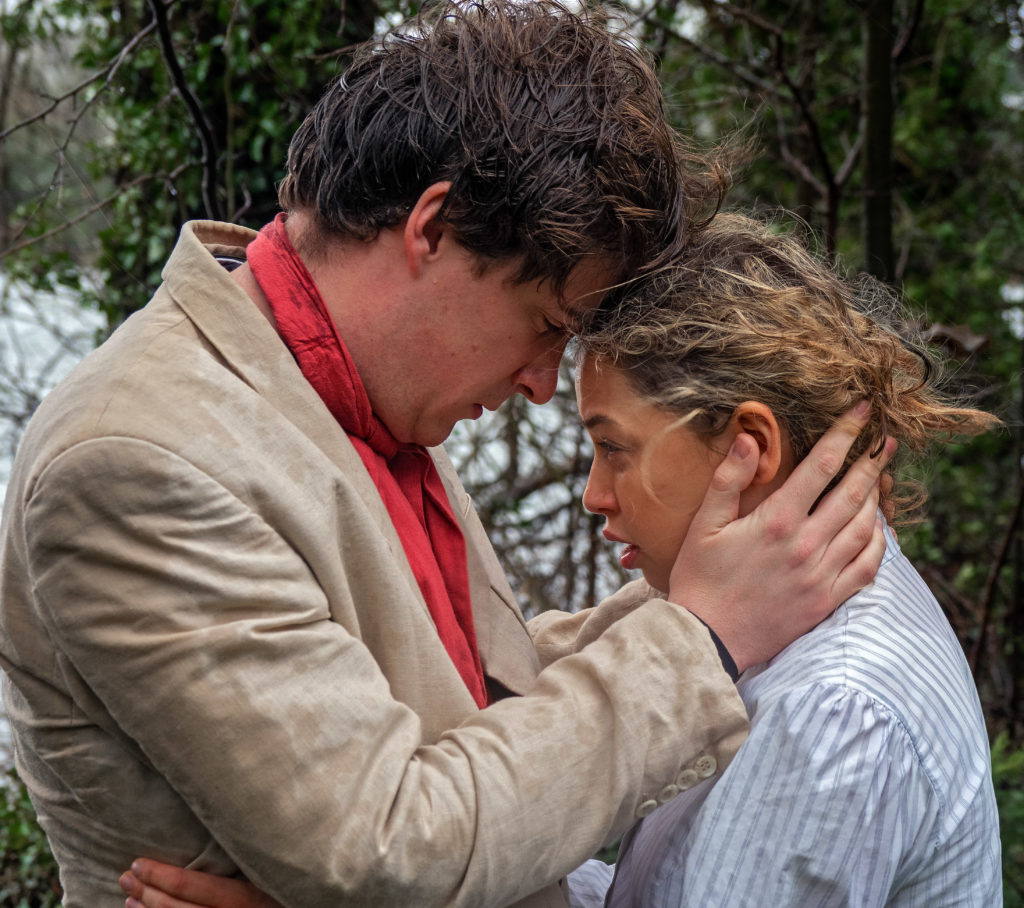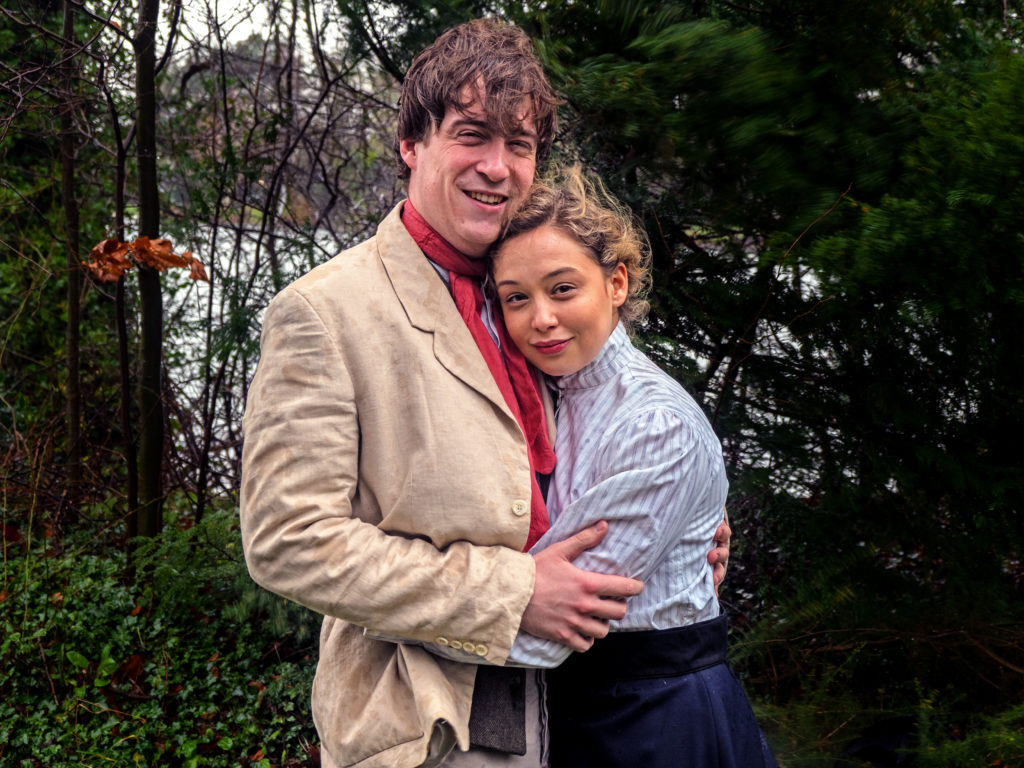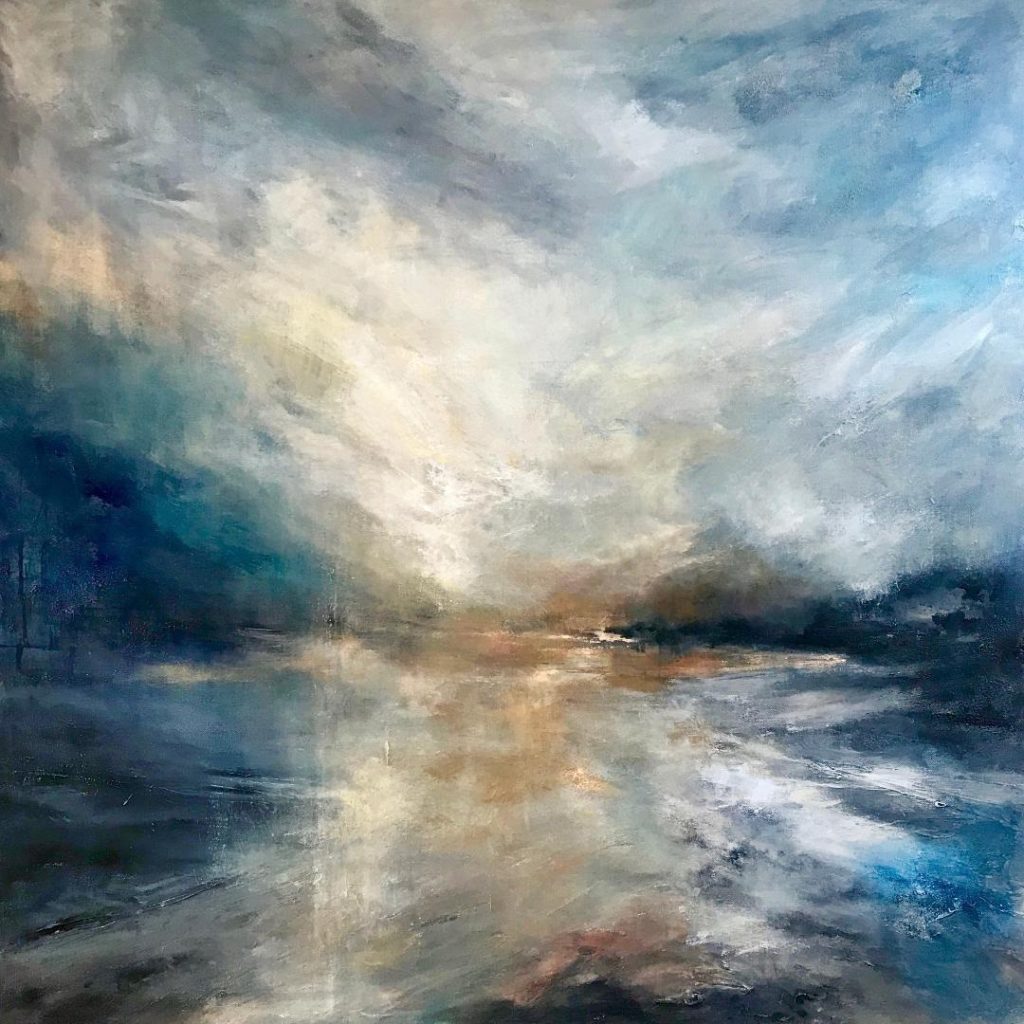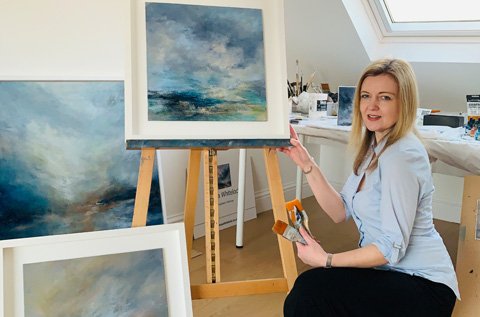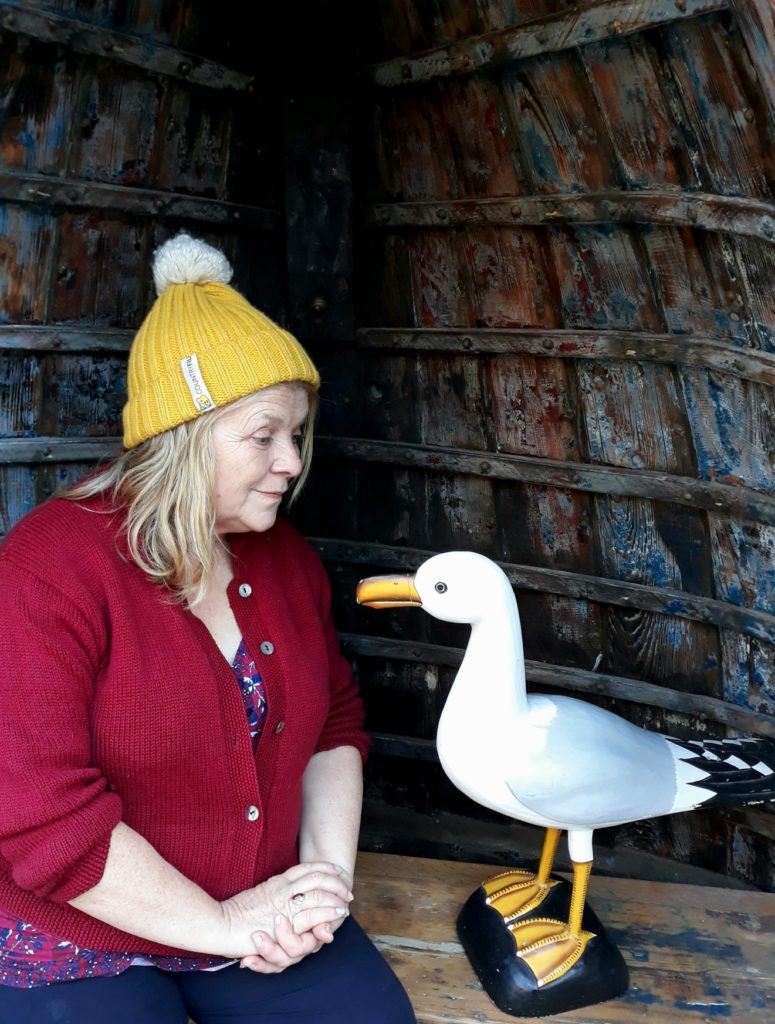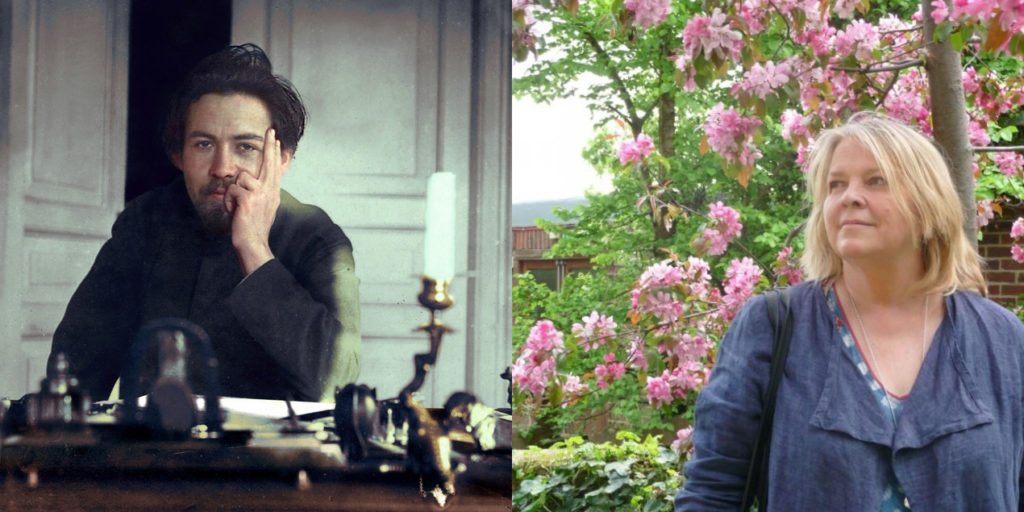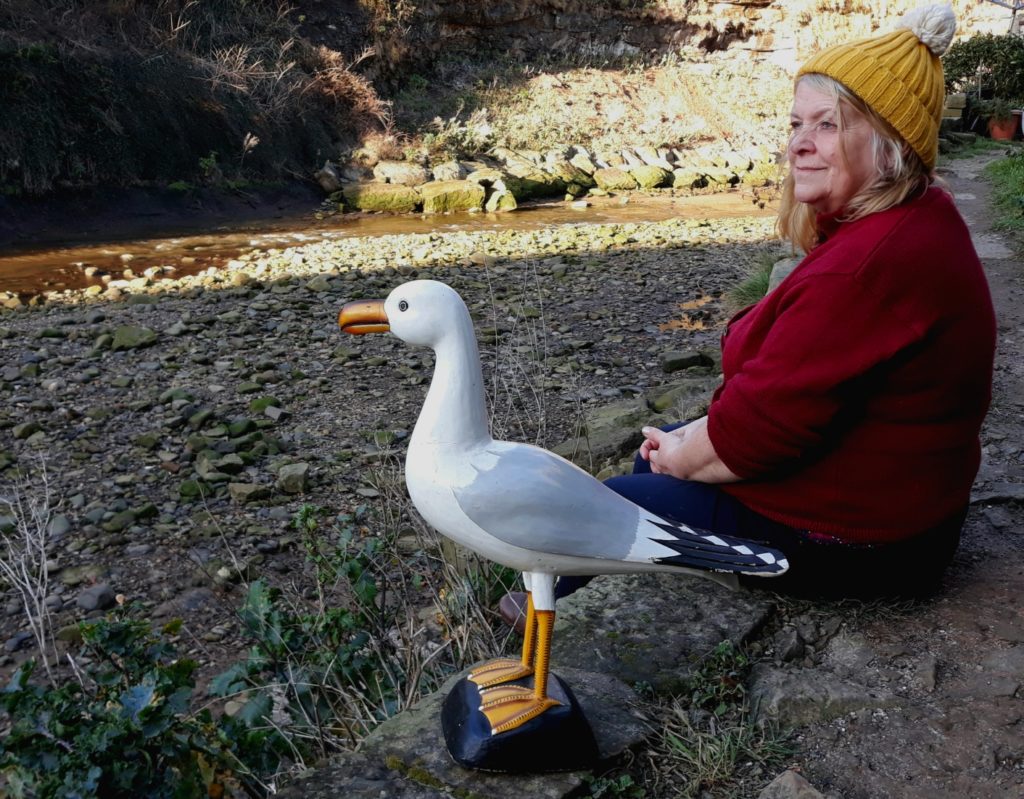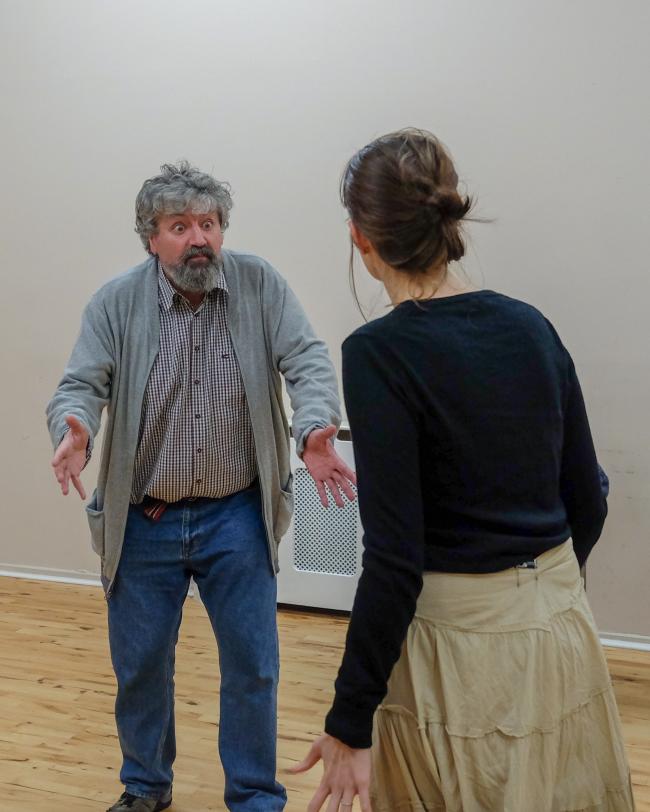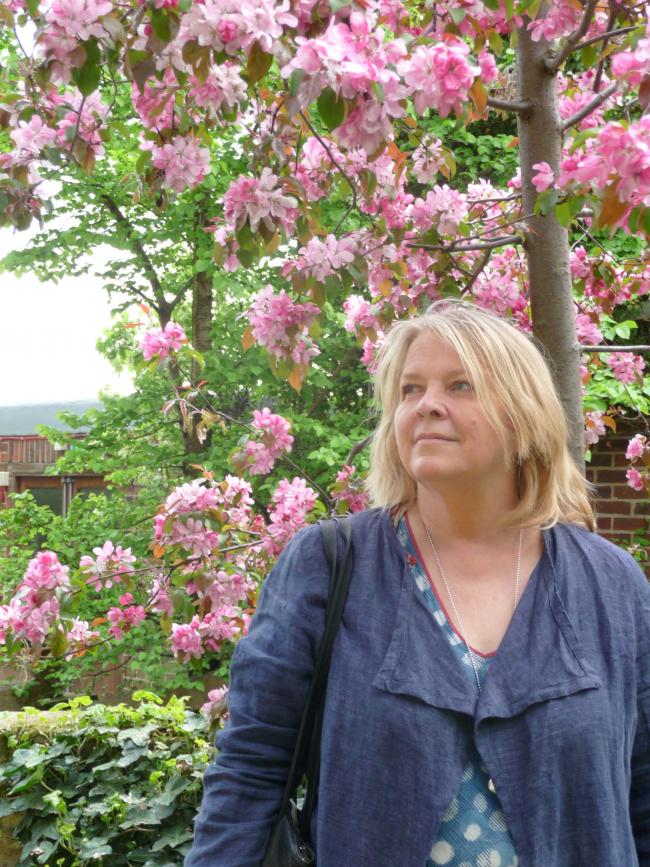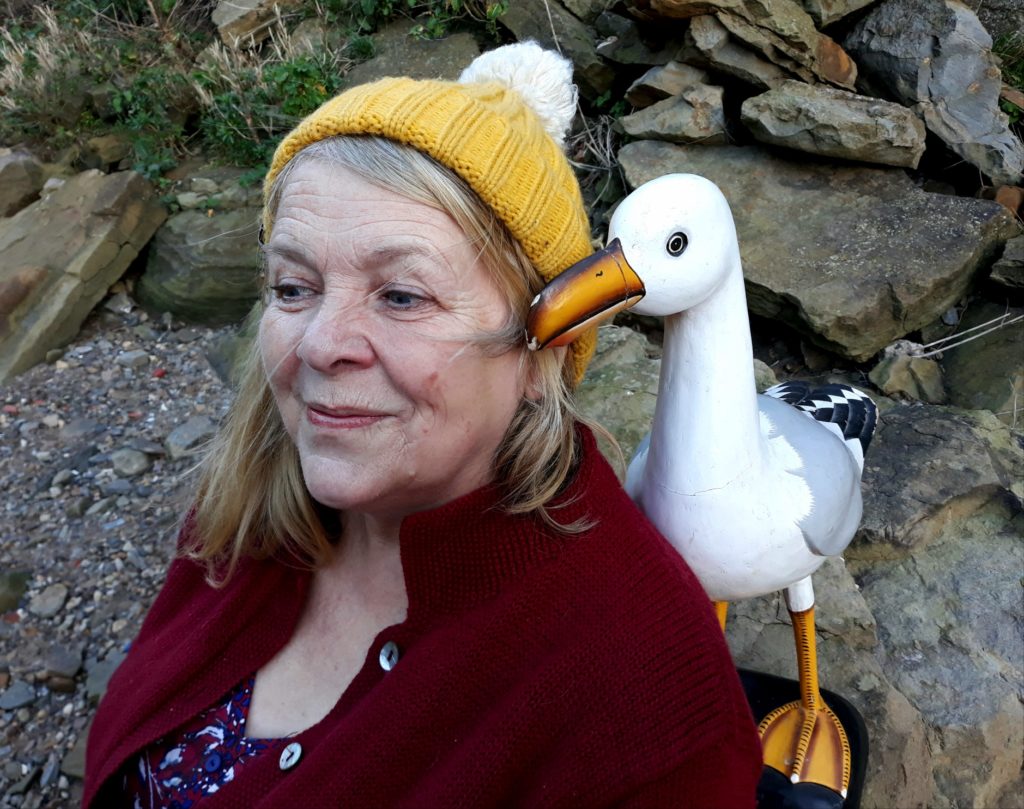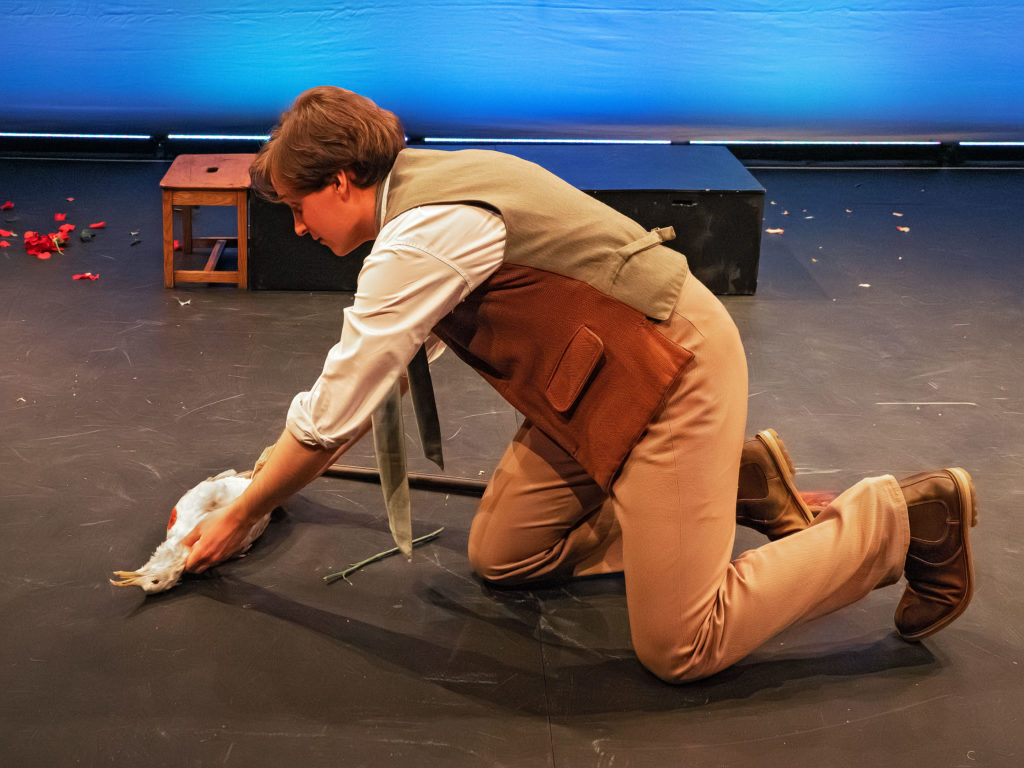
REVIEW: The Seagull, York Settlement Community Players, York Theatre Royal Studio, until March 7, 7.45pm. Box office: 01904 623568 or at yorktheatreroyal.co.uk
IT didn’t end well for the goat in Edward Albee’s The Goat at Theatre @41 Monkgate last week. It doesn’t end well for the seagull – borrowed from the National Theatre, no less – in Anton Chekhov’s The Seagull at the Theatre Royal Studio, but there is awkward comedy aplenty in both plays.
Absurd comedy in Albee’s jaw-dropping 2002 piece; tragicomedy in Chekhov’s 1895 dysfunctional family drama, as Helen Wilson completes her ten-year project to direct all four of the Russian playwright’s major works for Settlement Players in the York company’s centenary year.
As with Uncle Vanya, The Cherry Orchard and Three Sisters, the adaptation is by Michael Frayn, who has praised Settlement, and by implication Wilson, for not tampering with period, location, genders and politics to “make them more relevant” for modern audiences.
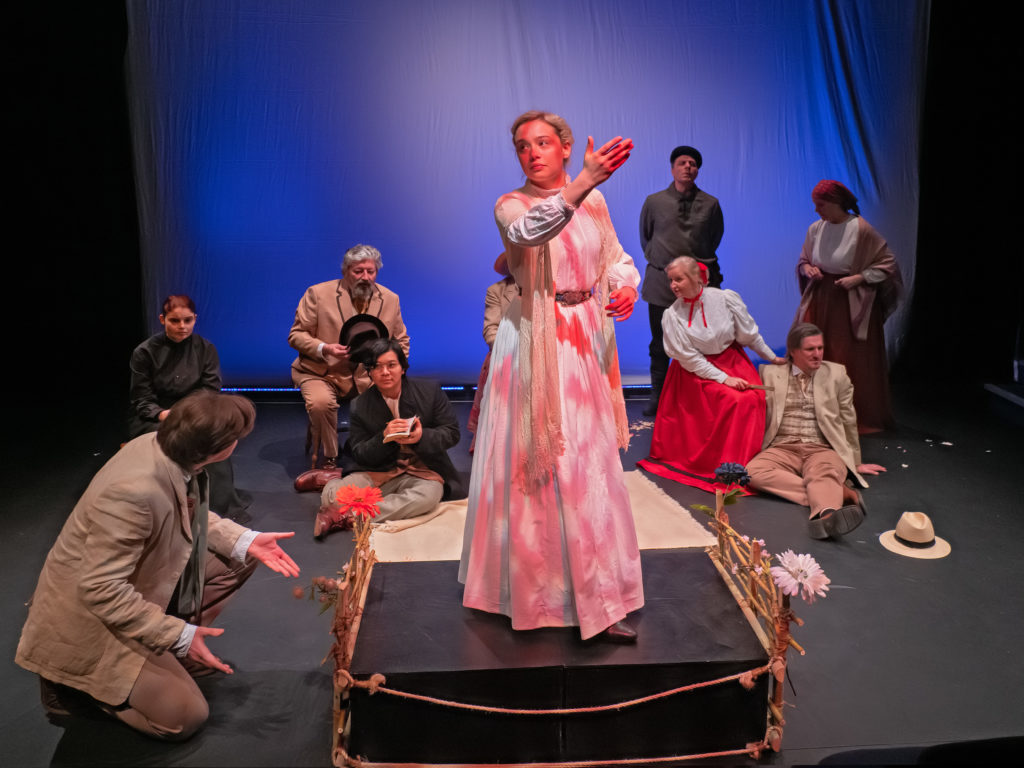
“People in York are evidently made of sterner stuff,” Frayn said. “Just occasionally, perhaps, it’s worth trying to catch the sense and feel of what Chekhov actually intended.”
Wilson has pursued the same directorial policy once more, placing her trust in Frayn’s dialogue, replete with dramatic and comic irony, complemented by an uncluttered set design by Graham Sanderson, with a plain backdrop, chairs and a mini-stage, bedecked with flowers, for Konstantin’s play within a play.
Frayn knows that territory from his own 1982 backstage comedy Noises Off, a classic English unruly farce, but like Frayn’s appraisal of York audiences, The Seagull is made of sterner stuff.
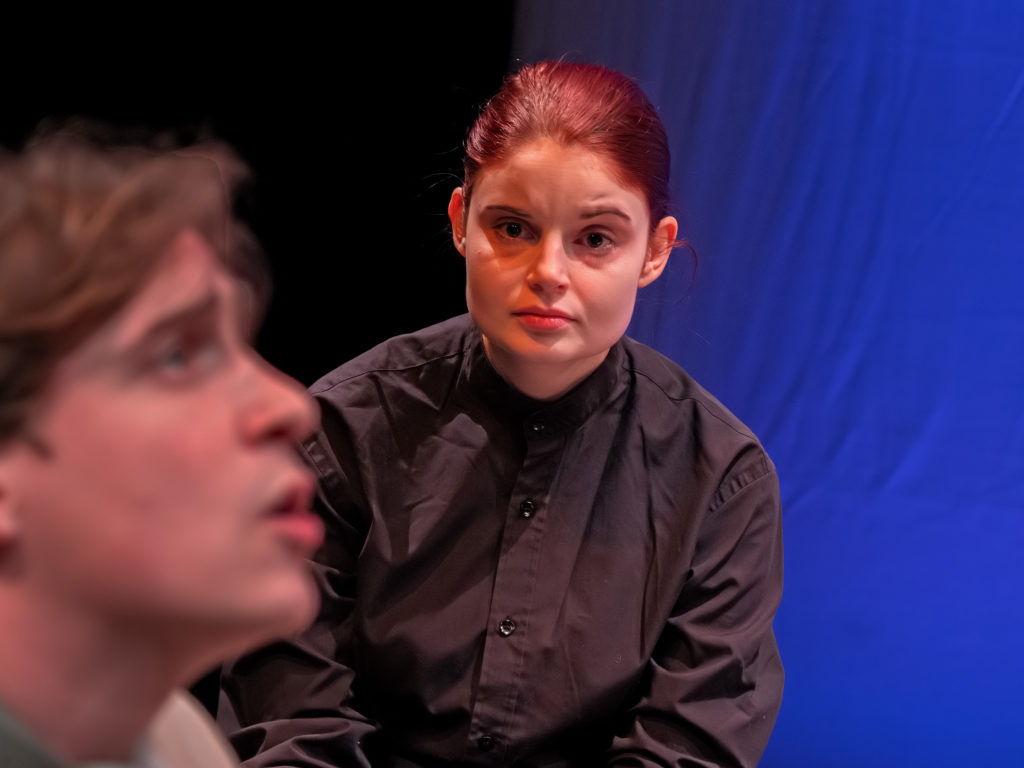
“They’re all vulnerable, every one of them,” says Wilson of Chekhov’s characters, and she has made a spot-on judgement call in wanting vulnerability and warmth in equal measure in her staging. Enter Lucy May Orange’s Masha, dressed in black to match her forlorn conviction that her love for troubled young playwright Konstantin (Benedict Turvill) will be forever unrequited.
At this point we laugh in recognition, not least because she is saying this to smitten teacher Medvedenko (Samithi Sok), seemingly oblivious to her indifference towards him, and soon we shall find Turvill’s over-sensitive Konstantin in torment at putative girlfriend Nina (Livy Potter), his muse and actress for his “ground-breaking” play, not worshipping him the same way her worships her.
Turvill’s radical theatre-maker Konstantin has an even more troubled relationship with his mother, faded actress Arkadina (Stephanie Hesp), than Hamlet had with Gertrude, merciless in her dismissal of his writing talent, so insensitive in stealing attention away from Nina’s performance of his bold but admittedly dreadful play at Sorin’s increasingly anguished house party one lakeside summer evening.
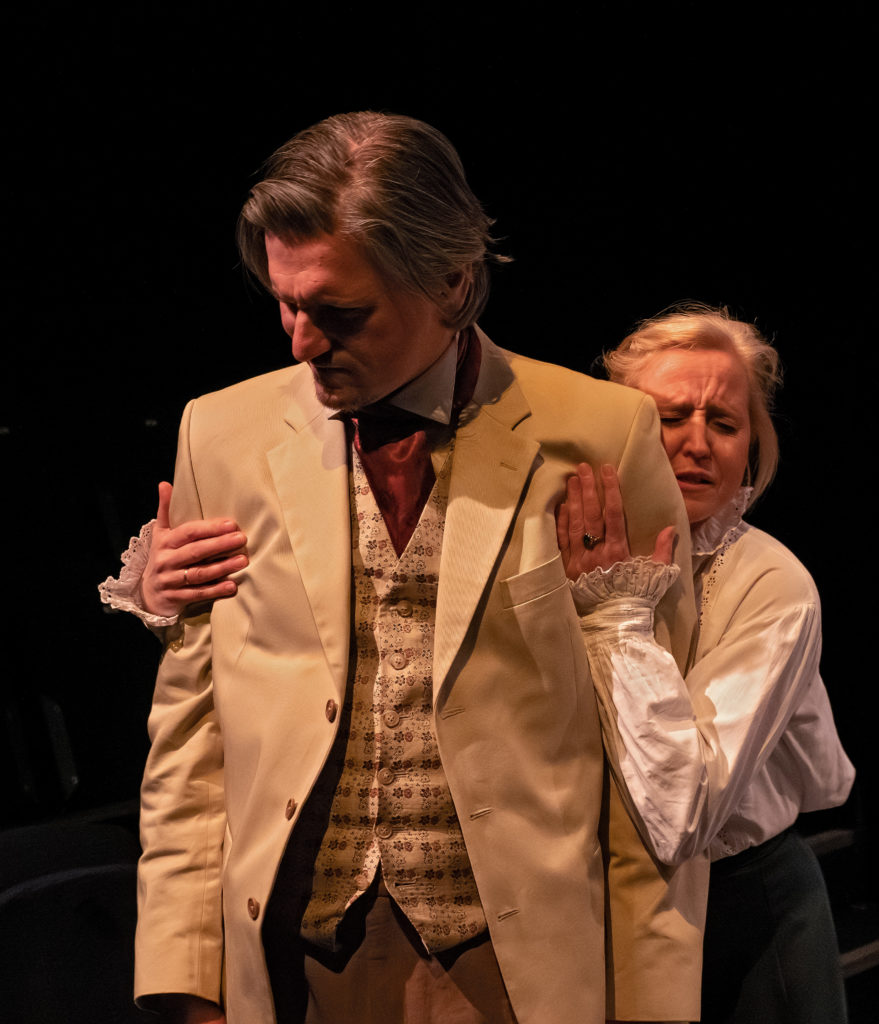
Sorin (Glyn Morrow), Arkadina’s ageing brother, wants the next generation to thrive, to blossom; so too does Maurice Crichton’s Scottish-accented doctor, Dorn. Paul Joe Osborne’s retired lieutenant, Shamrayev, now Sorin’s steward, loves a story, and Osborne has a splendid night in his mimicry and comic timing; wife Polina (Elizabeth Elsworth) is his best audience.
The Seagull is a play with a generation gap that grows wider the more the drama unfolds, It goes from what Wilson calls the “comic souffle” of the playful Act One, when we can “laugh at these slightly inept, sometimes pretentious characters thinking they’re something they’re not”, to the painful, poignant consequences of such ineptitude and self-deception, when youthful dreams are dashed and unfulfilled ambitions turn bitter amid the fractious artistic egos.
Chekhov “likes to lob a bomb into the room in Act Three” in his plays, as Wilson puts it, and here the incendiary device is Arkadina’s lover, vainglorious novelist Trigorin (Ben Sawyer, suitably smug), under whose spell the impressionable Nina falls.
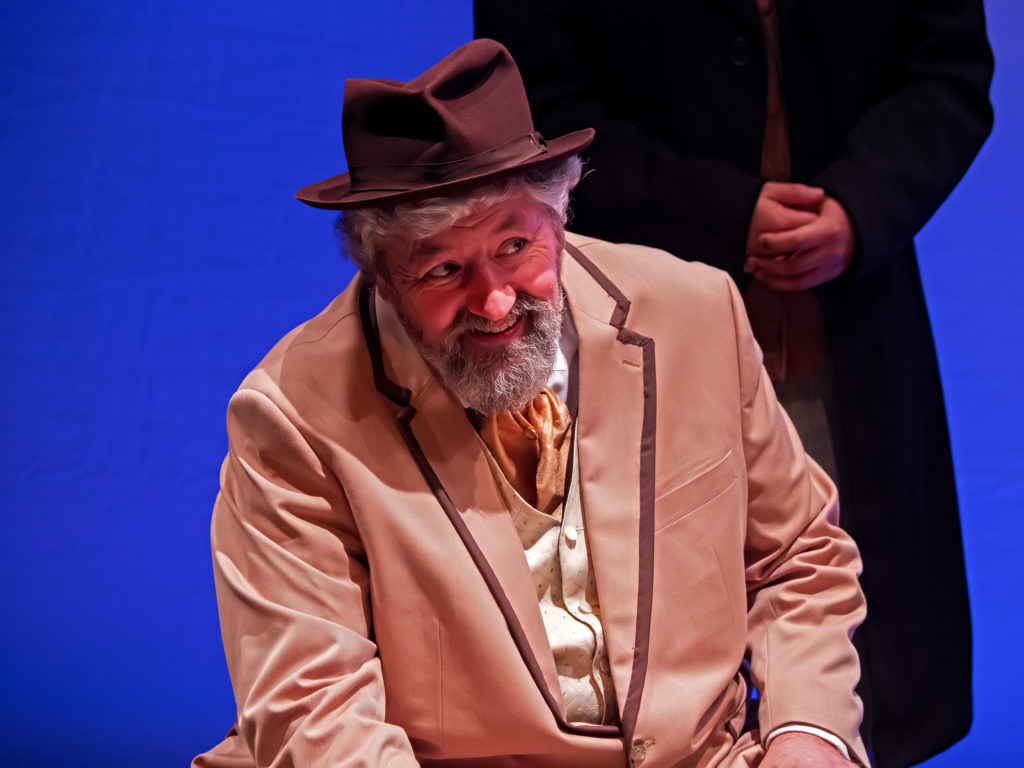
In a naturalistic play with theatre and writing and creativity at its heart, but ennui and abject despair eating away at the tumultuous edges, Wilson’s company extract the ironic, perverse comedy to the full, then bring out all the damaging familiar failings of those prone to so much sterile philosophising.
Frayn would be delighted with the performances of Settlement’s experienced hands, while both Turvill and Potter (by day York Theatre Royal’s marketing and press assistant) impress in their first principal roles for Wilson in the intimacy of the Studio space.
Yes, the seagull dies, but not before The Seagull flies high, full of art and too much hurt heart.

